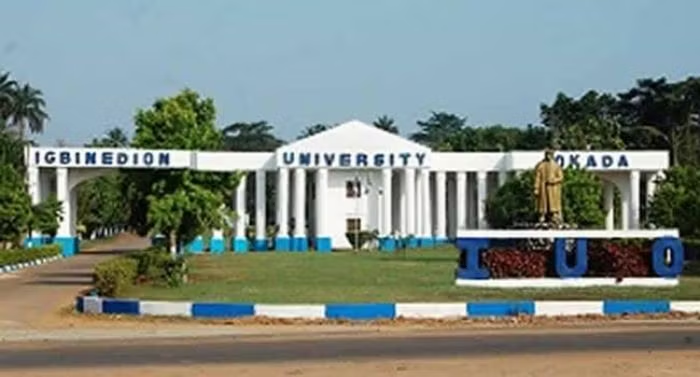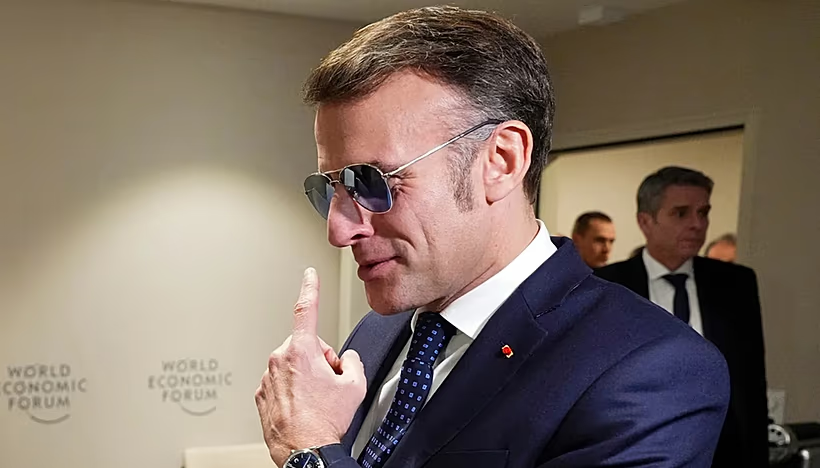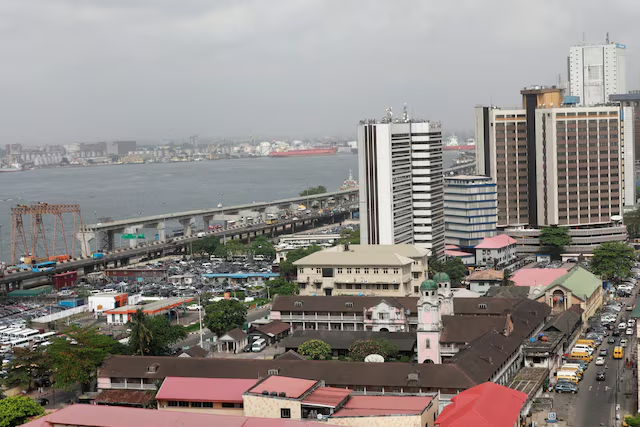Nigeria Now Spends Less Than 50% of Its Revenue on Debt Servicing — Presidential Committee

By Erewunmi Peace
In a significant fiscal shift, Nigeria has reduced its debt servicing burden to below 50% of its total revenue — a sharp drop from the near-97% recorded in previous years. This was disclosed by Mr. Taiwo Oyedele, Chairman of the Presidential Fiscal Policy and Tax Reforms Committee, during the PwC Executive Summit held in Lagos on July 21, 2025.
Oyedele emphasized that recent reforms in tax policy, foreign exchange, and fiscal discipline were key drivers of this improvement.
“We’ve moved from spending nearly all our revenue on debt servicing — 97% — to just under 50%. That’s progress,” Oyedele stated.
A Shift from Crisis to Stability
Under previous administrations, Nigeria’s debt servicing cost consumed almost all of its revenue, limiting government capacity to fund infrastructure, health, and education.
However, Oyedele highlighted that since the start of the current administration, several reforms have been introduced:
The removal of fuel subsidies and improved exchange rate management
Reduction in borrowing from the Central Bank
Significant increase in forex reserves (now over $20 billion)
A rise in tax-to-GDP ratio from under 10% to around 13.5%
What It Means for Nigeria
While the 50% debt servicing ratio is still high, it marks a major turnaround in fiscal sustainability. Experts say it opens the door for more investment in public services and economic development.
Oyedele also projected that if current reforms continue, Nigeria could become a $1 trillion economy within a decade.
Expert Reactions
Economists have praised the administration’s fiscal efforts but warn that sustained discipline and transparency will be key to long-term stability.
“This is a good sign, but Nigeria needs to remain consistent. Revenue diversification and efficient spending must follow,” said Dr. Tunde Agbaje, an economist at the University of Lagos.
Nigeria’s reduction in debt servicing is a positive signal to investors, policymakers, and citizens alike. As the country navigates post-reform recovery, maintaining fiscal prudence will be crucial to ensure that progress is not reversed.





















































































































































































































































































































































































































































































































































































































































































































































































































































































































































































































































































































































































































































































































































































































































































































































































































































































































































































































































































































































































































































































































































































































































































































































































































